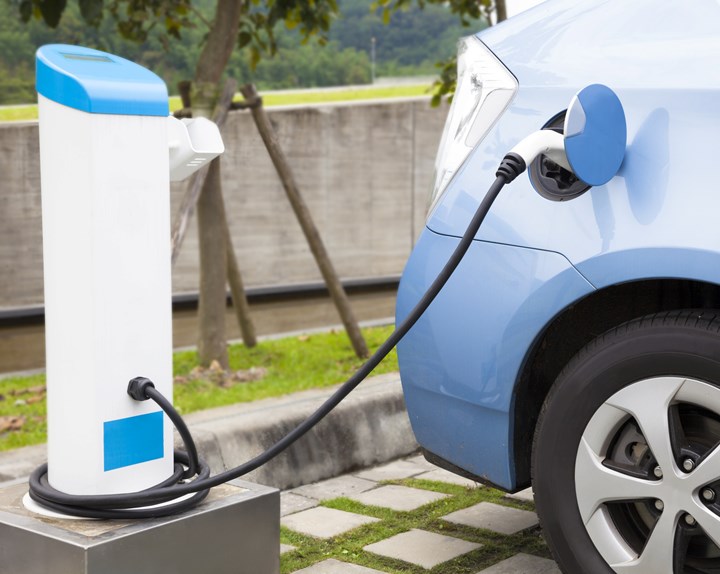Orion Aims to Achieve Net-Zero Carbon Emissions by 2050
The company aspires to align its sustainability objectives with the Paris Climate Agreement.

Houston-based Orion Engineered Carbons has announced that it aspires to align its sustainability objectives with the Paris Climate Agreement and strive to achieve net-zero emissions of greenhouse gases by 2050. The net-zero ambition demonstrates Orion’s ongoing commitment to address global climate change while meeting customers’ needs for highly engineered materials essential for tires, coatings, batteries and numerous other everyday plastics and other types of products. To make its net-zero aspirations realistic, Orion developed a roadmap with near- and long-term targets:
▪ Launch a broad range of products using recycled materials by 2025, and during the same period position the company to enlarge its footprint in the conductive additives space, such as in lithium-ion batteries for electric vehicles (EVs) and other applications critical for the transition toward electric power.
▪ Generate 30% of its adjusted EBITDA (earnings before interest, taxes, depreciation and amortization) through sustainable solutions by 2030.
▪ Grow the sustainable solutions’ share of adjusted EBITDA to 50% by 2035.
▪ Set new aspirational, mid-term goals for greenhouse-gas emissions reduction that are aligned with science-based methodologies.
Said Orion’s CEO Corning Painter, “We know our goal is ambitious, and we want to make sure it’s meaningful. Like most companies, we can’t say we have all the answers now. But we’re determined to work hard to find sustainable solutions with collaboration, innovation and the right regulatory environment. Our ambition to align with the Paris Climate Agreement is a natural progression in our sustainability journey. Investing in sustainability is core to our growth strategy and key to our success as a business.”
Related Content
-
Prices Up for All Volume Resins
First quarter was ending up with upward pricing, primarily due to higher feedstock costs and not supply/demand fundamentals.
-
Prices Up for PE, ABS, PC, Nylons 6 and 66; Down for PP, PET and Flat for PS and PVC
Second quarter started with price hikes in PE and the four volume engineering resins, but relatively stable pricing was largely expected by the quarter’s end.
-
Commodity Resin Prices Flat to Lower
Major price correction looms for PP, and lower prices are projected for PE, PS, PVC and PET.















